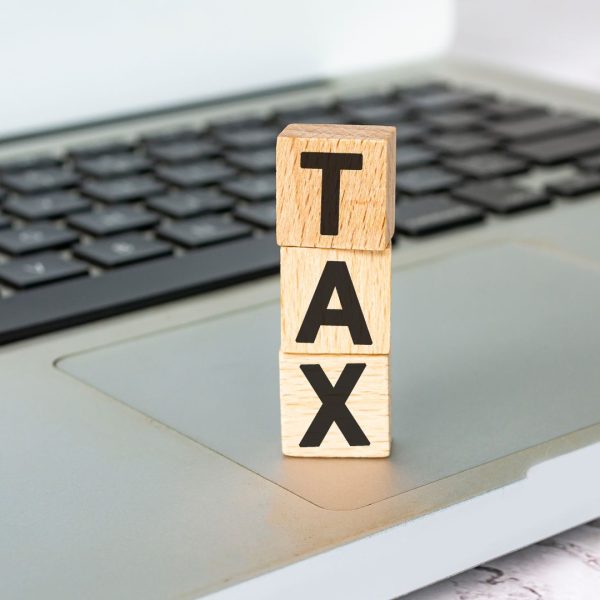Article
The Basis Period Reform is quickly approaching
Article
The Basis Period Reform is quickly approaching
March 27, 2023
3 minute read
As part of HMRC’s Making Tax Digital ‘MTD’ project, from the 2024/25 tax year, self-employed individuals and partnerships will have to use the tax year (6 April to 5 April) as their basis period. Even though MTD is being delayed, HMRC are pushing ahead with the basis period reform to provide taxpayers two more years to adjust to the tax year basis before getting to grips with the MTD income tax self-assessment.

As part of HMRC’s Making Tax Digital ‘MTD’ project, from the 2024/25 tax year, self-employed individuals and partnerships will have to use the tax year (6 April to 5 April) as their basis period. Even though MTD is being delayed, HMRC are pushing ahead with the basis period reform to provide taxpayers two more years to adjust to the tax year basis before getting to grips with the MTD income tax self-assessment.
Currently unincorporated businesses are broadly taxed based on their accounting period ended within the tax year. The reform will therefore predominately affect unincorporated businesses that do not draw up annual accounts to 31 March or 5 April. Sole traders who already use the tax year as both their accounting and basis period will not be affected.
The transition to the new rules will take place in the 2023/24 tax year. Those that have different accounting periods such as 1 January to 31 December will use 2023/24 as a transition period.
On the basis that the changes are likely to create larger tax bills, HMRC will be offering transitional relief. Taxpayers impacted can spread the payments for the extra tax bill proportionally across the following five tax years. There is the option to accelerate the payment if preferred.
Where a taxpayer started their trade using an accounting period that was not aligned with the tax year, they may have incurred some double taxation of those initial profits. The amount that was double taxed is known as overlap profits which can be offset as overlap relief when the accounting period is changed or against profits accumulated into the 2023/24 tax year.
HMRC have confirmed they will be able to provide details of overlap relief figures or historical profit figures on request if they were recorded on the HMRC system.
Timeframe for the basis period reform:
- 2022/23: final year of existing basis period rules. Taxpayers have the option to accelerate the amendments to their accounting period in this tax year rather than waiting until 2023/24;
- 2023/24: transitional year. When businesses will move to the new fiscal year basis, generating transitional taxable profits after their accounting period ends. For many, this could result in drawing up two sets of accounts: one up to the end of the existing basis period (e.g. 1 Jan to 31 Dec 2023) and transitional accounts drawn up to 31 March 2024 (e.g. 1 Jan 2024 to 5 April 2024); and
- 2024/25: First year of the new basis. Businesses will only be taxed for profits earned in the tax year.
HMRC have said any extra days after 31 March are treated as if they’re in the current tax year. I.e., 31 March 2024, 1 April 2024, 2 April 2024, 3 April 2024 and 4 April 2024 are all treated as if they’re 5 April.
Example:
Tom makes annual profits of £30,000 and draws his accounts to 30 April. He has no other income so pays tax on £17,430 (£30,000 less personal allowance £12,570) producing a tax liability of £3,486. He makes payment on account each year of £1,743 on 31 July and 31 January.
For the transitional year; 2023-24 Tom will be assessed on 23 months of profits: £57,500 (First period: 1 April 22 to 30 April 2023 – £30,000 profits and second period: 1 May 2023 to 5 April 2024 – £27,500 profits).
Tom has £10,000 overlap relief to use in 2023/24 which reduces the net excess transitional profits to £47,500. He can opt to spread the extra profit i.e. £17,500 over five years starting with 2023-24: £3,500 per year..
Tom has opted to spread the extra profit and therefore will need to pay tax on £20,930 for 2023-24 instead of £17,430. His payments on account for 2023/24 need to be £2,693 each instead of £1,743.
Related content
Need expert advice?
Speak to an expert for advice on
+44-1865 292200 or get in touch online to find out how Shaw Gibbs can help you
Email
info@shawgibbs.com
Need expert advice?
Speak to an expert for advice on
+44-1865 292200 or get in touch online to find out how Shaw Gibbs can help you
Email
info@shawgibbs.com




